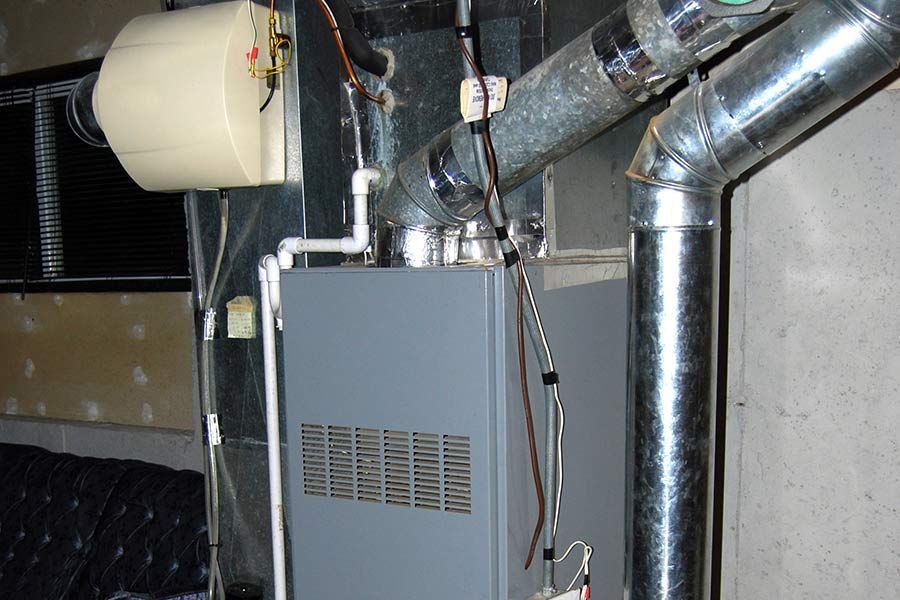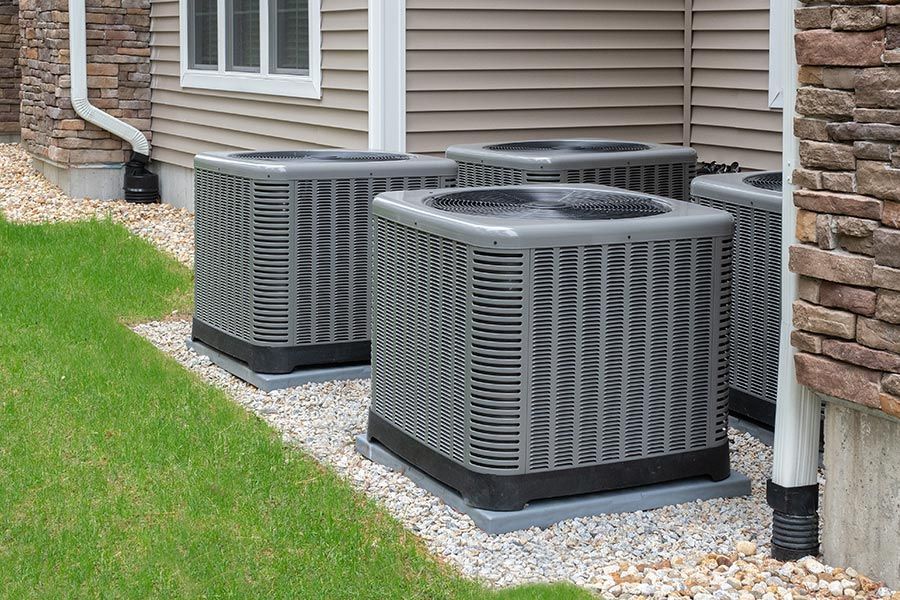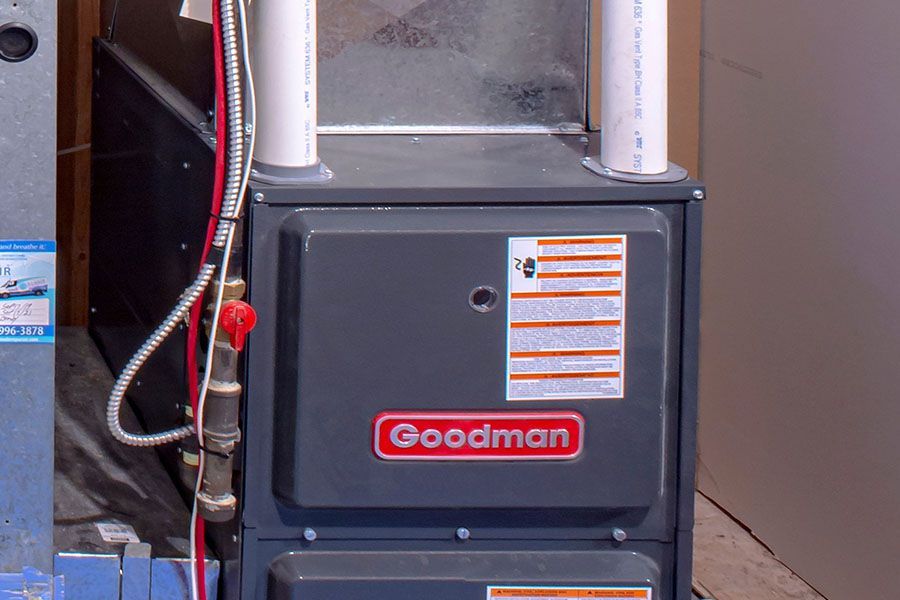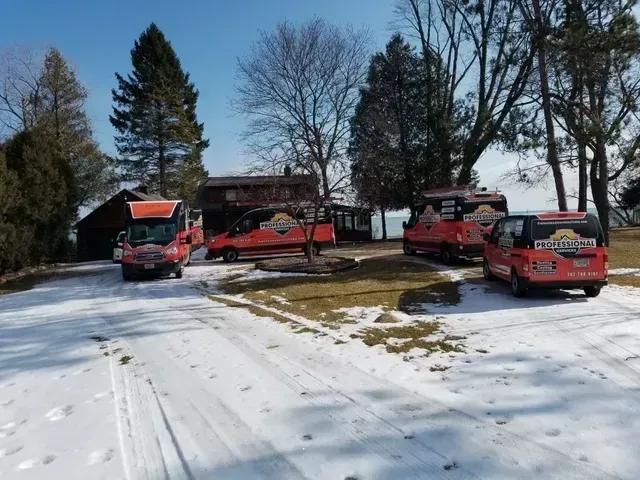How Cold Can a House Get Without Heat?
Picture this: It's the middle of January, and a winter storm is approaching. Your family is cozy and warm, spending time together in the living room, but then your heater goes out.
It's a scary situation to imagine, but this can happen. Any number of things cause furnaces to fail, and sometimes that happens at the most inopportune moment. This type of scenario can make you wonder, "How cold can a house get without heat?"
When your heater goes out in the dead of winter, it's time for trusted furnace installation service from Professional Services, southeastern Wisconsin's HVAC experts. Read on to find out what to do when your heater goes out and learn how cold a house gets without heat.
How Fast Does a House Lose Its Warmth Without a Working Heater?
The second your heater goes out, the temperature inside your home starts to decline. The speed at which it continues to decline depends on several factors, including the age and structure of your home.
On average, most homes retain some warmth for about 8 to 12 hours. At this point, your indoor temperature will gradually decline, bringing it closer to the outdoor temperature.
Factors That Impact the Temperature Inside Your Home
Various factors impact how fast the temperature inside your home decreases. Certain things help your home hold onto heat, while others allow heat to dissipate with speed. The following are the biggest factors that affect the temperature inside your house and how cold your house can get without heat.
Outside Temperature
The temperature outside is the main factor that impacts how long your home stays warm without heat. It may seem obvious, but the colder it is outside, the colder it will get inside.
The Time of Day
How cold can a house get without heat overnight? The time of day your heater goes out impacts how long the house stays warm.
Indoor temperatures go down faster at night, so if your furnace stops overnight, you can expect a quicker decline. This can be as much as 15 degrees Fahrenheit before morning.
Basements and Crawlspaces
The overall structure of your house is something that majorly impacts the indoor temperature. Homes with basements and crawl spaces retain heat much longer because of the warmth of the surrounding ground. If your home loses heat, head to the basement to stay warm as long as possible.
Large Ceilings and Open Doorways
A home with many large, open areas will also struggle to hold onto warmth. High ceilings and open doorways create too much space for airflow, allowing hot air to rise to the ceilings and cold air to move freely through the home. Smaller spaces keep warmth trapped inside for longer durations.
Presence of People and Animals
The human body is a natural source of heat, so a house with more people will have a higher temperature. Even your furry friends can bring the indoor temperature up, as pets also act as a natural heat source.
Level of Insulation
Another thing that impacts the temperature in a home with heat is the level of insulation. Most older homes are poorly insulated, which means they'll get a lot colder than newer homes. These homes also reach low temperatures quicker than homes with substantial insulation.
Solar Panels
Solar panels can also help maintain the warmth in your home when the heat goes out. Homes with a high-efficiency HVAC system, solar panels, and large energy-efficient windows draw heat in from the sun during the daylight. This warms the overall temperature in the home and slows the decline of heat.
What To Do If Your Heat Goes Out
So, it's a freezing cold day, and your furnace has called it quits. What should you do next? When your heating system breaks down, follow these steps to keep your house warm for as long as possible:
- Close all doors and windows
- Move to the basement
- Put on warm clothing
- Remain close together
Once you've moved to a warmer area of the house, contact an HVAC professional. Many HVAC technicians offer emergency services that can address a broken heater promptly, restoring heat to your home before it reaches external temperatures.
Keep Your Home Warm All Winter Long with Professional Services
How cold can a house get without heat? Make sure you never know the answer to this from personal experience by keeping your heating units running smoothly! The team at Professional Services provides everything from furnace repair to heater installation. We are available 24/7 to take your call if your heater breaks. Call 262-218-2636 to learn more about our home heating options and HVAC repair services.












